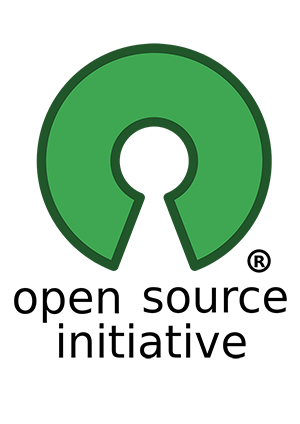Open source software is a faction of the Free Software movement, the aim of which is free access to the software for all its participants.
The official definition of Open Source was created in 1997 by the Open Source Initiative. It is based mostly on the idea of free software, mentioned above, which enables its users to run, copy, distribute, study, modify, improve and expand existing products legally and free of charge. Open Source has a lot to offer to the business world. Its main advantages are:
Open source software means increased security – because the source code is exposed to the public eye, its users are examining it with extreme accuracy. Errors are detected and corrected immediately. For this reason, the reliability of Open Source applications is very high, compared to the closed, proprietary programs. This disproves the myth of the alleged lack of professionalism of open source software.
Rapidity of software development
The basic idea of Open Source is very simple – if by using the Internet, developers from around the world can participate together in the process of upgrading the software (error correction, expansion of functionality), a rapid application development is guaranteed. For this reason, the manufactured product is, as a result, better than the traditional closed model, where only a few developers has access to the source code and all others must use an application out-of-the-box, closed and preventing from any modification.
Independence from the provider
Thanks to the openness of the code, you will no longer be dependent on your software vendor. Practically every programmer or implementation company specializing in technology in which the application is created can provide additional services for your company.





